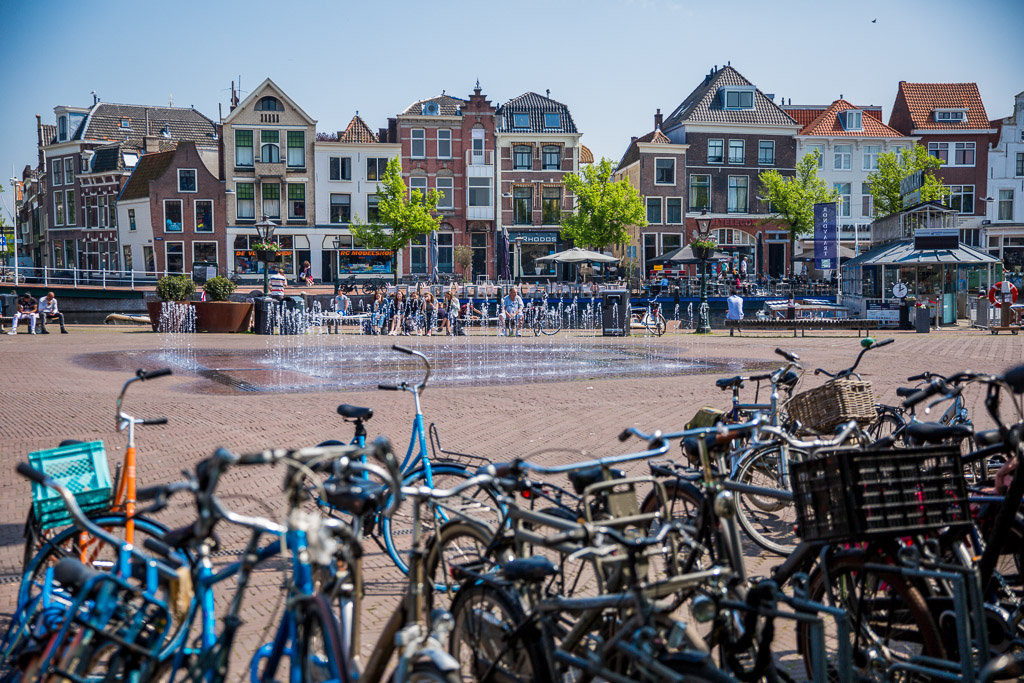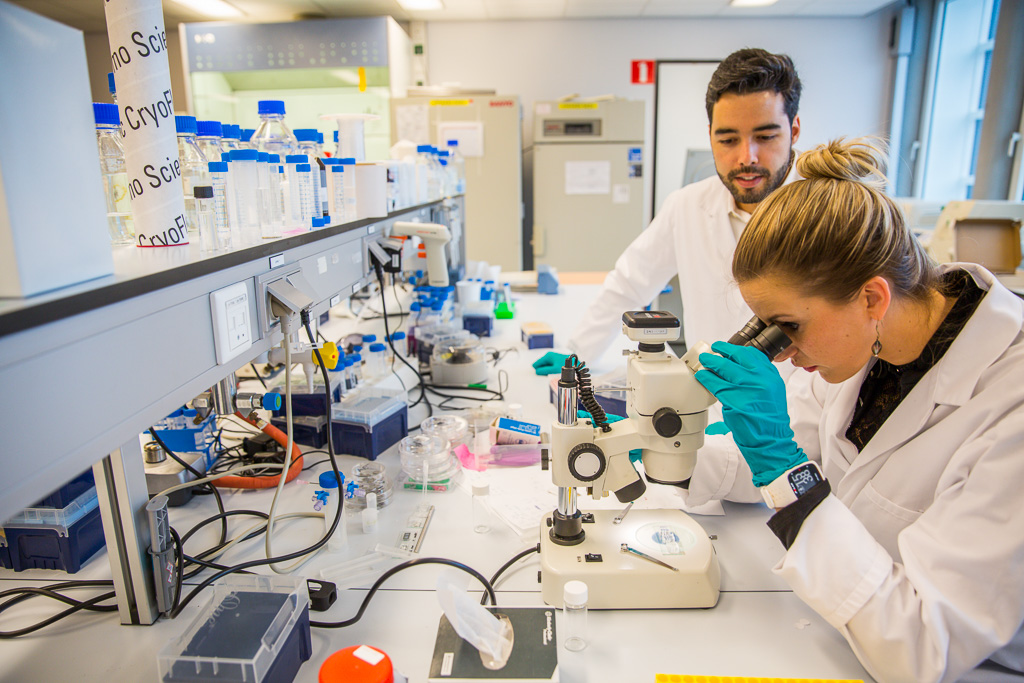
Energy and Environmental Sciences
Master

Do you want to understand the causes of global environmental challenges such as climate change? Explore scientific solutions for a more sustainable future? And discover how energy and sustainability issues differ across countries and regions? The Master's in Energy and Environmental Sciences (EES) at the University of Groningen prepares you to tackle these complex questions from a holistic perspective, integrating natural and social sciences.
What to expect from the Master's programme EES✔ Study in an international, interdisciplinary environment with students from diverse scientific backgrounds, who share a strong commitment to a better future of the planet and society.
✔ Build a solid foundation in energy, sustainability, and environmental sciences, combining experimental and non-experimental fields, with room for specialisation.
✔ Conduct research with experts at the Energy and Sustainability Research Institute Groningen (ESRIG) during your internal Master's project.
✔ Excellent career prospects in research, energy companies, consultancy, NGOs and government to pursue in your second external Master's project.In this two-year Master’s programme, you will gain broad knowledge of energy and environmental challenges, while specialising in topics such as energy conversion, circular economy or sustainability transitions, atmospheric composition and climate, combining labo
Ready to apply?
Visit course websiteLanguage
English
Title
Master of Science
Duration
2 years
ECTS credits
ECTS
The European Credit Transfer and Accumulation System (ECTS) is a student-centred system based on the student workload required to achieve the objectives of a programme of study. Its aim is to facilitate the recognition of study periods undertaken by mobile students through the transfer of credits. The ECTS is based on the principle that 60 credits are equivalent to the workload of full-time student during one academic year.
Accreditation
Tuition fee 2025/2026
EU/EEA
The EU/EEA rate is the regular fee for students from within the EU/EEA.
€ 2,601
Non-EU/EEA
The non-EU/EEA rate is the rate for students from outside the EU/EEA.
€ 24,900
Institutional
The institutional rate is for all students who have already obtained a bachelor’s or master’s degree and who want to start a second programme leading to a degree at the same level or at a lower level.
€ 20,500
Admission
Admission URL
Application requirements
A University Bachelor's degree in (Applied) Physics, Chemistry, Chemical Engineering, Industrial Engineering and Management, Biology or another degree in the natural sciences or related engineering studies such as electrical engineering and mechanical engineering. Information about admission possibilities and requirements for students from a Dutch HBO institute is published on: https://www.rug.nl/fse/msc-admission
Check when you can start and what you have to pay!
| Tuition fees | |
|---|---|
| € 2,601 | |
| € 24,900 | |
| € 20,500 |
| Tuition fees | |
|---|---|
| € 2,695 | |
| € 24,900 | |
| € 21,200 |
| Start date | App. deadline EU/EEA | App. deadline Non-EU/EEA |
|---|---|---|
| 1 Sep '26 | 1 May '26 | 1 May '26 |
| 1 Sep '27 | 1 May '27 | 1 May '27 |
Scholarships
You can check if you're eligible for scholarships that apply to this course.
StuNed Scholarship Programme
StuNed Scholarships for master studies, short courses and customised training programmes are available for Indonesian professionals with at least 2 years' work experience in a development-related organisation.
Contact
Main addressBroerstraat 5
9712 PC Groningen
050-3638100
Ready to apply?
Visit course website
